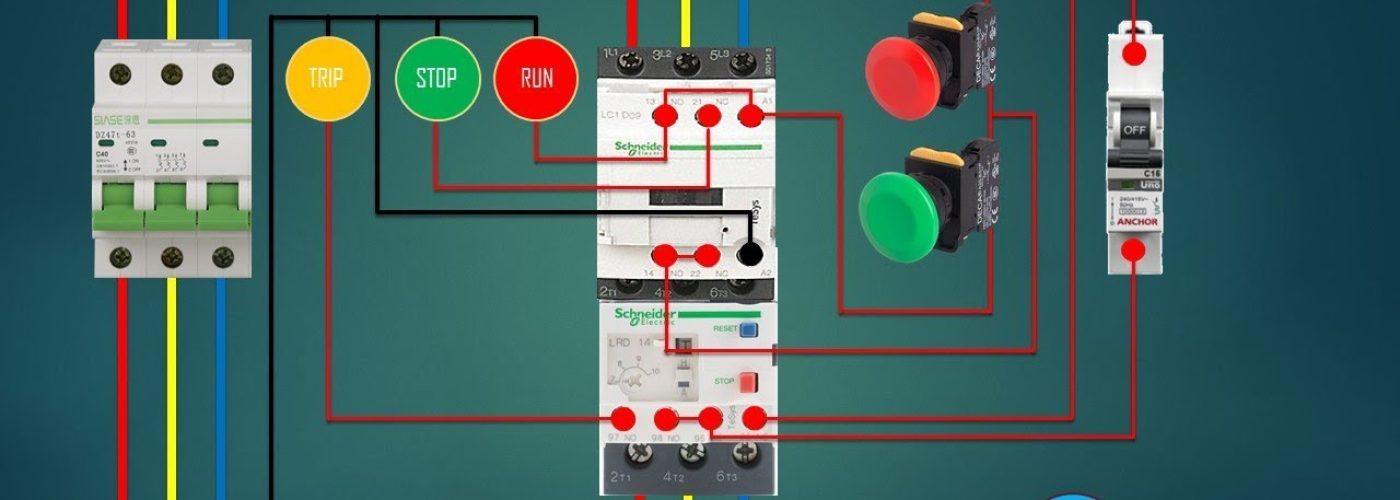Environments with complex electrical systems such as manufacturing industries, residential complexes, and commercial compounds emphasise the need for protective equipment that can offer adequate support in situations of distress. Power surges, overloads, and faults are common in installations with a myriad of inputs and outputs.
A motor starter is a piece of protective equipment that is used to save a motor from electrical overloading. It controls the power that is used to start a motor and can also be utilised to stop the electricity supply or reverse it. In this article, we will be emphasising the importance of investing in a high-quality motor starter for your establishment.
The Types of Motor Starters
As a piece of essential protective equipment, motor starters are available in several specifications that widen their use across different infrastructures. Here is a detailed overview of the types of motor starters available in the market:
- Magnetic motor starters: Operated electromagnetically, magnetic starters start or stop the connected motor load with the help of a voltage that is lower than the motor voltage. It consists of an overload relay and an electrical contactor to offer maximum protection during overcurrent or heat.
- Manual motor starters: As the name suggests, manual starters are operated manually and are simple to operate. It consists of a rotary knob that can be turned by the user to turn the equipment on or off.
The Importance of Motor Starters
Safety measures are integral in all forms of electrical systems to avoid any damage to the asset or human life. A lot of electrical systems skip a starter for a simple disconnect switch. This might work in small establishments but can rarely offer the required protection in huge spaces.
The primary components of a motor starter solidify its importance in any environment. The presence of a contactor manipulates the current that flows into the motor and can either make or break the circuit; furthermore, an overload relay offers effective protection against overcurrent and heat.
The Uses of Motor Starters
While primarily used as a piece of protective equipment, a motor starter offers even better value with a variety of other uses. Let’s discover some of the independent uses of motor starters in detail:
- Protection against overload: An excess of current flow can severely damage a motor. The motor starter’s relay detects overcurrent and immediately opens the circuit. This protects the motor from burning out or overheating.
- Protection against short circuits: In environments having a high load, the current can exceed the thousand-ampere mark. Short-circuits in such situations can cause significant damage to equipment or any other asset. The existence of circuit breakers in motor starters can disconnect power supply before any damage takes form.
- Circuit breaks: Avoiding inadvertent restarts during routine maintenance necessitates a circuit breaker that can open the circuit and isolate power until the task is complete. A motor starter can be used to effortlessly disconnect.
- Power control: The contactor in a motor starter helps in controlling in the opening and closing of the circuit. The main poles of the contactor are used to control power through an energised electromagnetic coil.
Get your Hands on a Quality Motor Starter
It can be concluded that motor starters are worthy investments that offer several useful benefits ranging from protection to optimal circuit breaking. In order to get your hands on the best quality motor starter, we would advise you to connect with a reputed electrical service provider. Their expert team would comprehend your requirements and offer the best possible product recommendation that fits your establishment.





